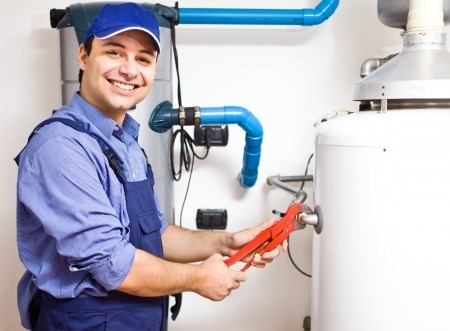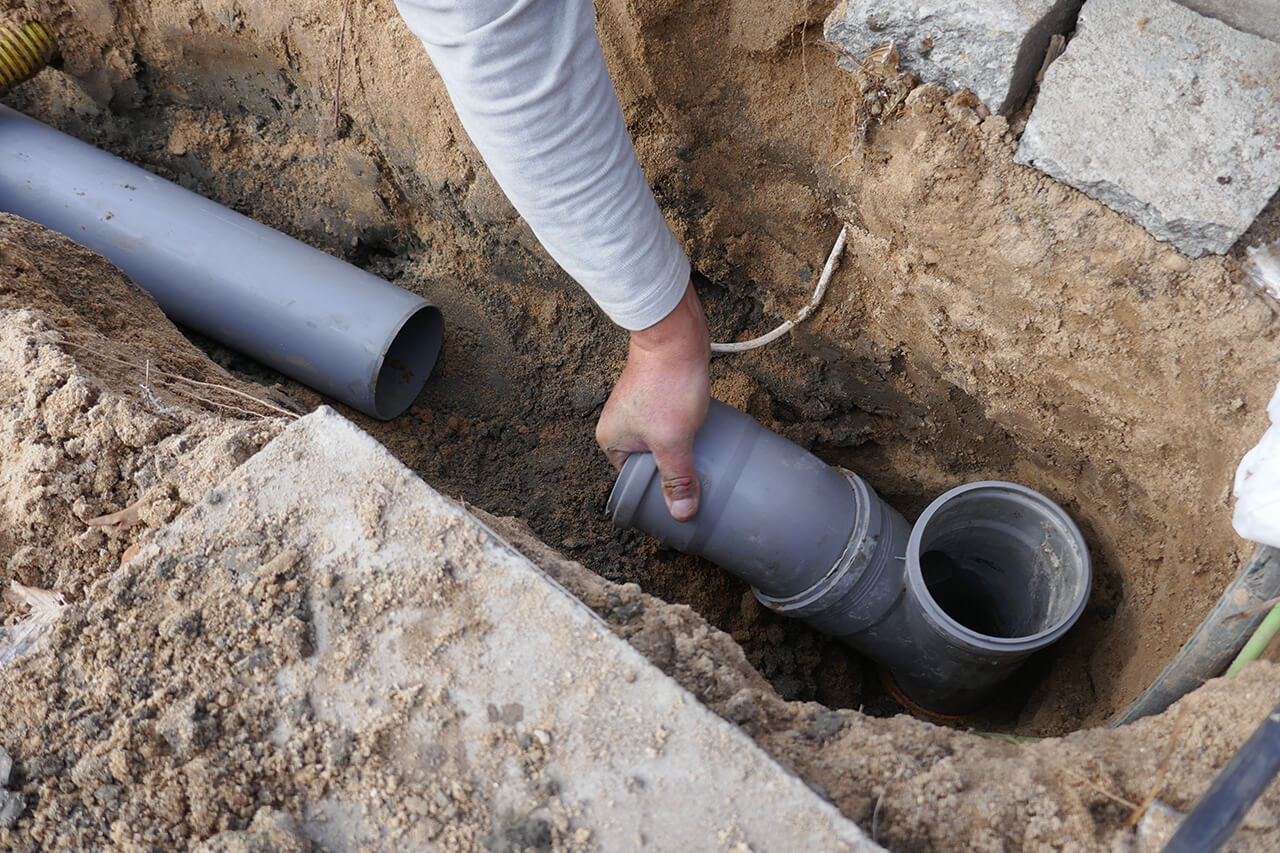
Angi Approved
Super Service Award Winner
In business since 2024
Free estimates
Emergency services offered
"He was efficient and diagnosed the problems and fixed them fast. "




Angi Approved
Super Service Award Winner
In business since 2024
Free estimates
Emergency services offered
"He was efficient and diagnosed the problems and fixed them fast. "

In business since 2020
Free estimates
Emergency services offered
Generator Supercenter Heartland is the company for all your generator needs. We provide high-quality models, have factory certified technicians for repairs and maintenance, and offer turnkey installations.\n\nWe are the #1 Generac dealer in North America. Our employees have extensive training to provide a professional experience every step of the way.\nOur technicians are certified and insured. \n\nturnkey installations.\n\nWe have brick and mortar locations throughout Louisiana, Alabama, Mississippi and Southern Arkansas. We install and service Generac generators throughout all of our territories. Come by to one of our stores to talk to the generator experts.

Free estimates
Emergency services offered
Warranties offered
Welcome to Tom's Commercial Refrigeration & Air, home of one of the best HVAC contractors in the Laurel MS area since founded. We specialize in everything from air conditioners, heating units, and more. We use the best products available. With us, you have peace of mind with the best service around! We specialize in providing the best, and high quality workmanship in your home. Call us today to discover why we're the area's premier heating and cooling specialists!
In business since 2007
Free estimates
Emergency services offered

In business since 2000
Emergency services offered
Hart Family Construction began as a small family business located in the heart of Fayette County in Oakland, TN. \n\nHFC was founded by Todd Hart on the belief that building and maintaining honest business relationships with our clients, vendors and employees are just as important as integrity, quality workmanship and professionalism.\n\nHFC Specializes in Storm Damage Insurance Claims and Acts as the Liaison between Homeowners and their insurance \ncompanies, Advocating for the homeowner. From paperwork to completion of the job, We Have You covered!\n\nMany Homeowner’s Replace their Roof at their Own Expense because they do not realize that any act of nature causing damage to your home, resulting in an approved insurance claim can cover the entire cost of replacing the roof, siding, etc. minus the deductible. However, many insurance companies have a “Statute of Limitations” on how long a storm damage claim is viable, usually of only one year. \n\nIf you have missing shingles or suspect hail or wind damage, please schedule your free, No Obligation, Storm Survey Inspection Today! 901.490.0766
In business since 1998
Free estimates
Warranties offered
20-25 employees

In business since 2012
Free estimates
"Mr. Carter did an outstanding job providing the architectural design and photos for our National History Registry application. Because of his thorough work and attention to detail, our application was approved without any issues. We will not hesitate to use this company again."

In business since 2022
Warranties offered
Premier Stone PLLC fabricates and installs granite, marble, quartz and quartzite. We specialize in countertops, outdoor kitchens, fireplaces, showers, stone sinks and custom design. Premier Stone PLLC prides itself in communication, attention to detail and customer service. We want to ensure the customer is heard and updated on their project from beginning to finish. Our skilled fabricators hand polish tops and edges to ensure your project will be clean and precise, rather than a generic, run of the mill appearance. Our work will add class and value to any area of your home you are wanting to build or update. We also offer demolition of existing stone and tile, as well as the option to purchase your new sinks. The owners, Jake and Lissa Smith, are from Gluckstadt, MS. Jake has been in the stone industry for nearly 2 decades. They made the exciting decision to open their own business in 2021. In January of 2022, Premier Stone PLLC was up and running. We appreciate our customers trusting us to make their dreams come true. We would love to provide you with a quote today to turn your vision into reality.
In business since 1972
Free estimates
Warranties offered
Additional DBA - Krell Industries. Family owned & operated. Nationwide service.
In business since 1986
Free estimates
Warranties offered
D&M Woodworking LLC is a small family business owned and operated for over 25 years in Liberty, MS.
From average costs to expert advice, get all the answers you need to get your job done.

Understand what goes into installing a sewer line, including materials, labor, permits, and potential landscaping considerations, to ensure a smooth and compliant connection to your local sewer system.

Discover the cost of slab leak repair, taking into account factors such as repair type, inspection fees, and local labor rates.

Budget for bathtub replacement costs based on factors such as bathtub type, material, removal, hardware, labor, plumbing work, and more.

Budget for main sewer line clog repair costs based on factors such as cleaning method, sewer age, project complexity, permits, labor, and more.

Need to clean your drain? Here’s how much it costs, what factors affect cost, and what to expect.

Use this guide to budget for toilet repair costs based on factors such as problem type, replacement part prices, labor, and more.